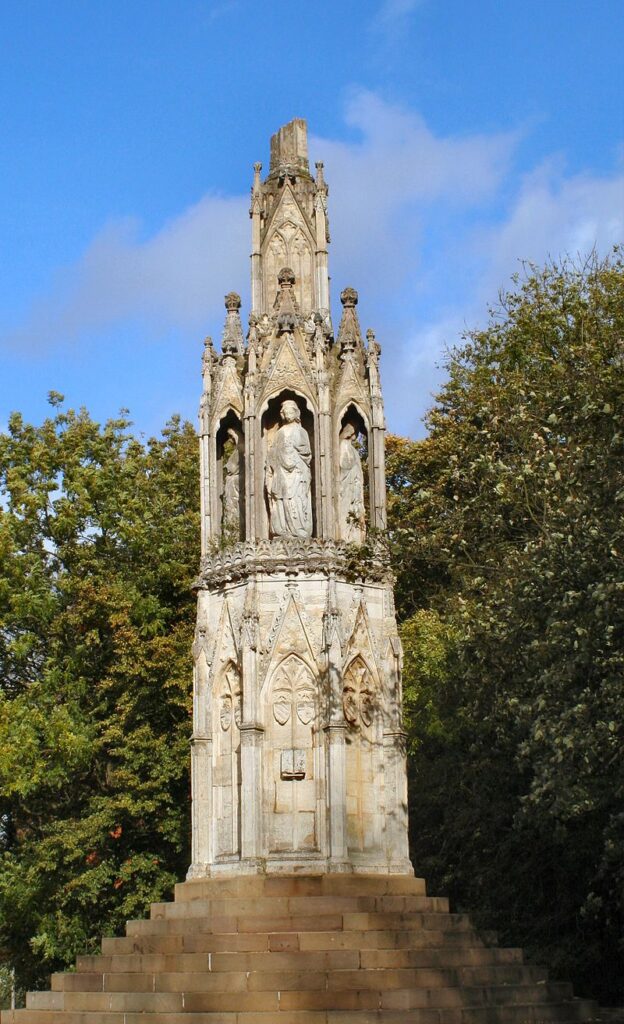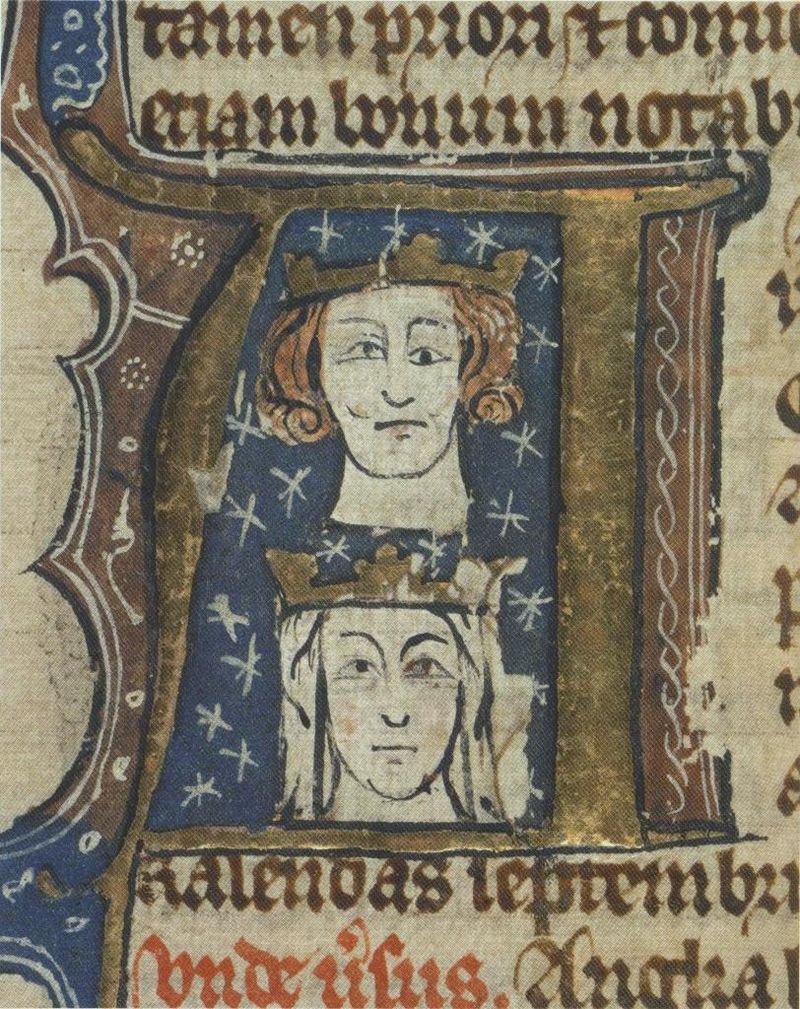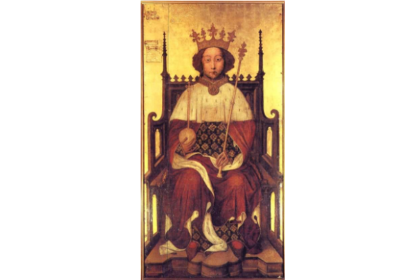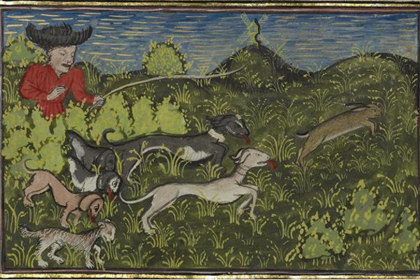
Eleanor of Castile is most remembered for the ‘Eleanor Crosses’ – the beautiful statues that her grieving husband, Edward I, had erected to mark the stops of her funeral procession, after her death on 28th November, 1290. However, in her own time, one of the characteristics for which she was most noted was her acquisition of lands and their incomes. Whilst all medieval English queens relied upon the income from the manors they were granted, Eleanor’s accumulation of lands was exceptional. One 14th century chronicler, William of Guisborough wrote in verse that:
‘The King would like to get our gold,
The queen our manors fair to hold’
(Le Roy cuvayte nos deneres / E la Rayne nos beau maners)
Whilst another, the Dunstable Priory annalist, stated that she was ‘a Spaniard by birth, who obtained many fine manors.’
Eleanor’s methods of land acquisition also caused a scandal; the archbishop of Canterbury, John Peckham, wrote to her servants that:

‘A rumour is waxing strong throughout the kingdom and has generated much scandal. It is said that the illustrious lady queen, whom you serve, is occupying many manors, lands, and other possessions of nobles, and has made them her own property – lands which the Jews have extorted with usury from Christians under the protection of the royal court.’
Of course, how much of Eleanor’s land ownership was of her own doing is debatable. Edward certainly benefited from Eleanor’s financial independence, and assisted in the process of acquiring estates. It seems Eleanor did not have much to do with the handling of the estates, as when she was alerted to corrupt practices, she did intercede, and on her deathbed she asked Edward to look into the dealings of her officials, and her executors note reparations to their victims.
Nevertheless, Eleanor was not an unpopular queen, and as one chronicler eulogised her, she ‘was tearfully mourned by not a few… she was a pillar of all England, by sex a woman, but in spirit and virtue more like a man.’
Top image: Tomb effigy of Eleanor of Castile in Lincoln Cathedral





